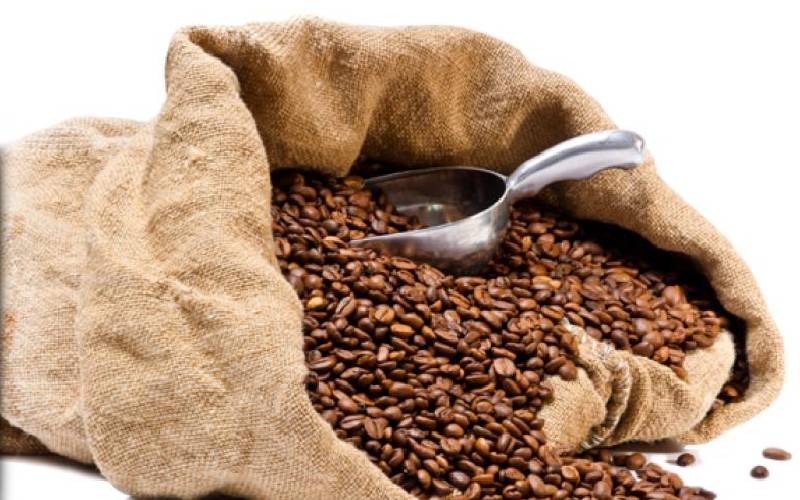×
The Standard e-Paper
Kenya’s Boldest Voice

Coffee smuggling still goes on along the Lwakhakha border. [Courtesy]
Barely two kilometres away from Chepkube Market, intense activity along the Kenya-Uganda border is discernible.